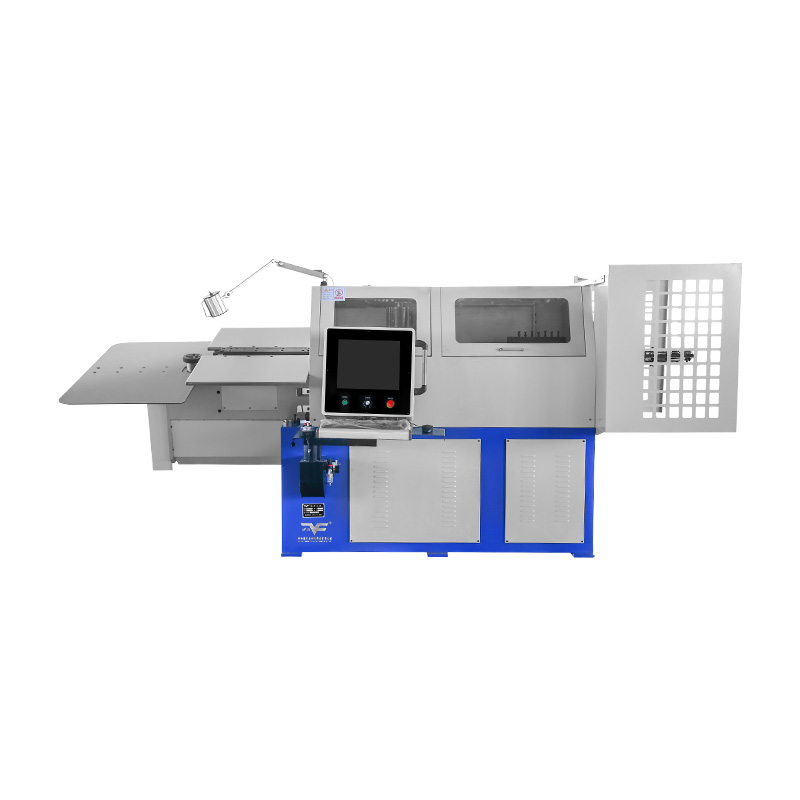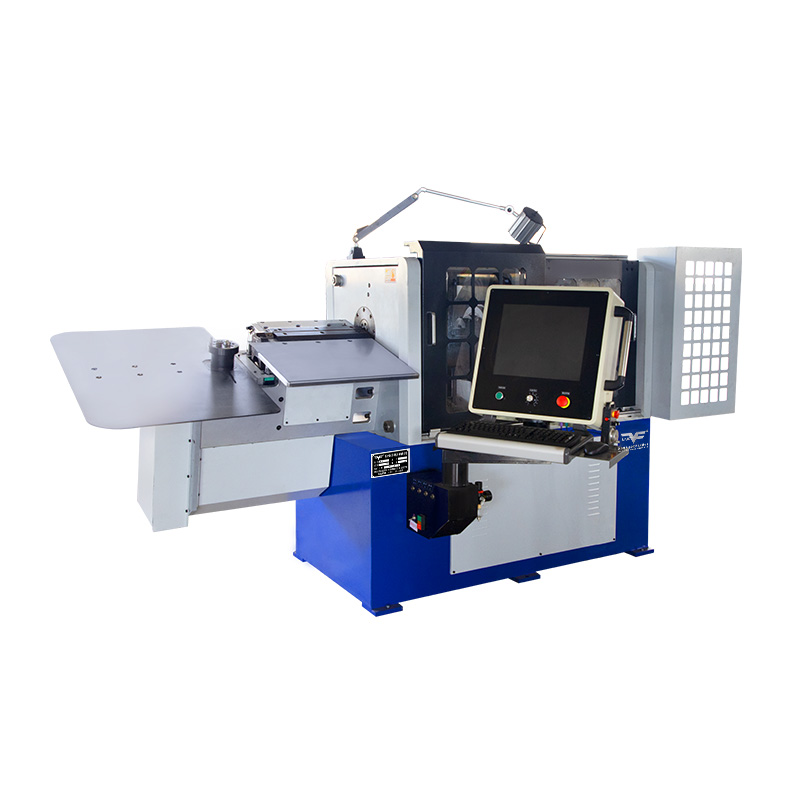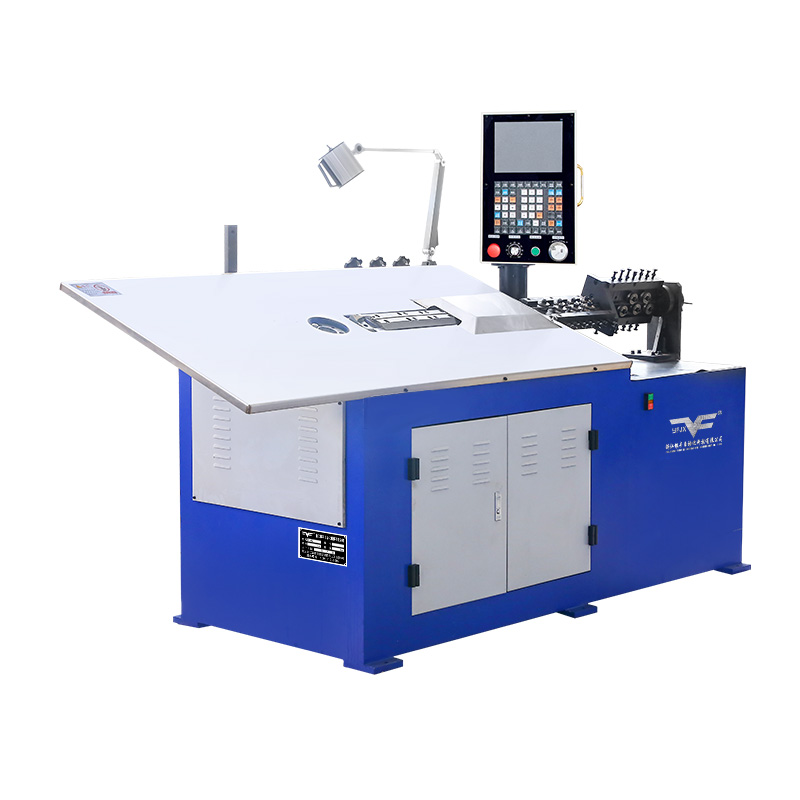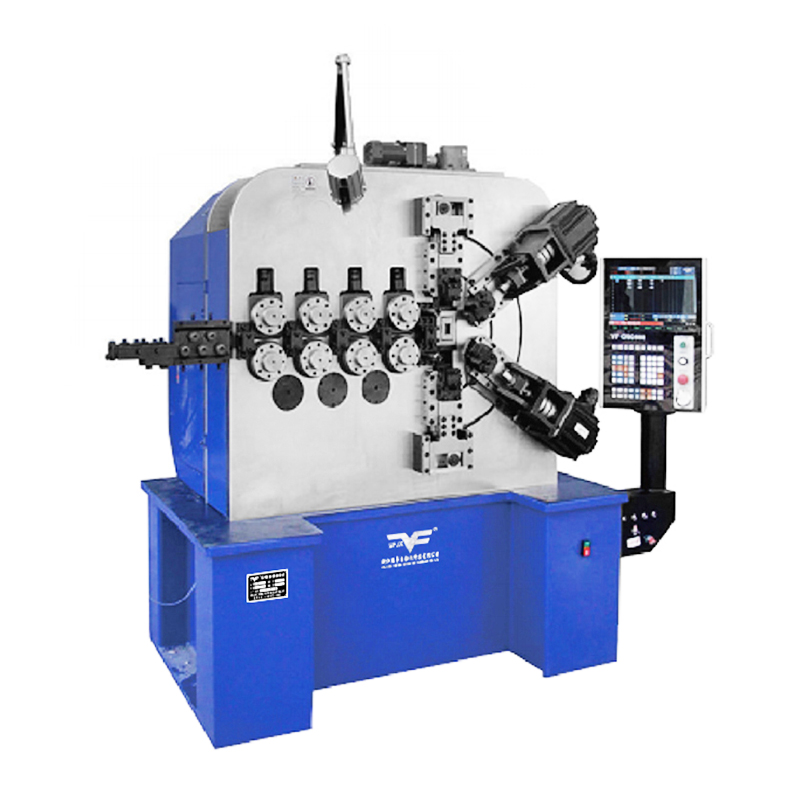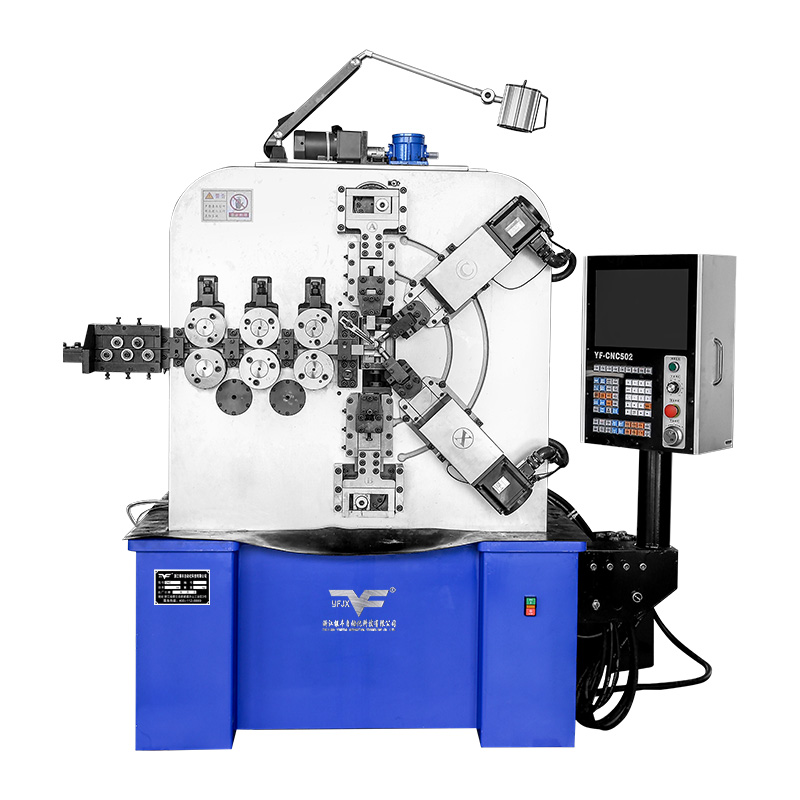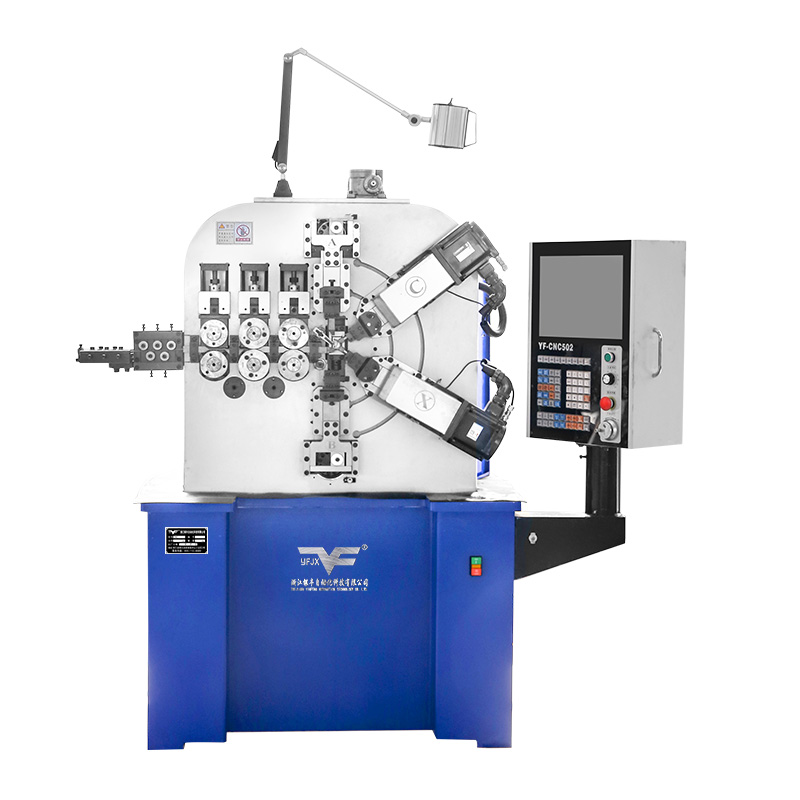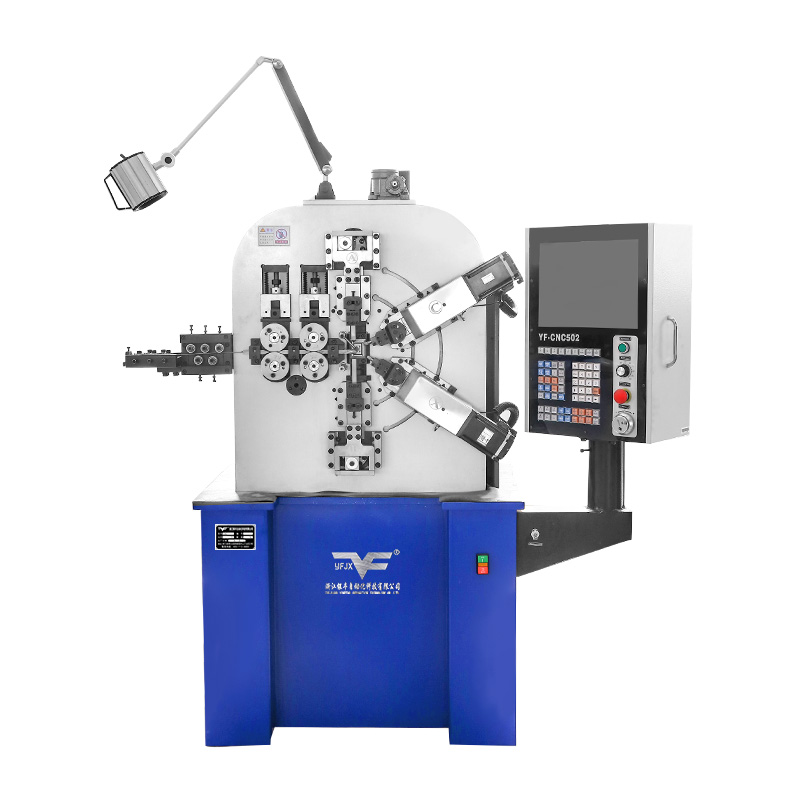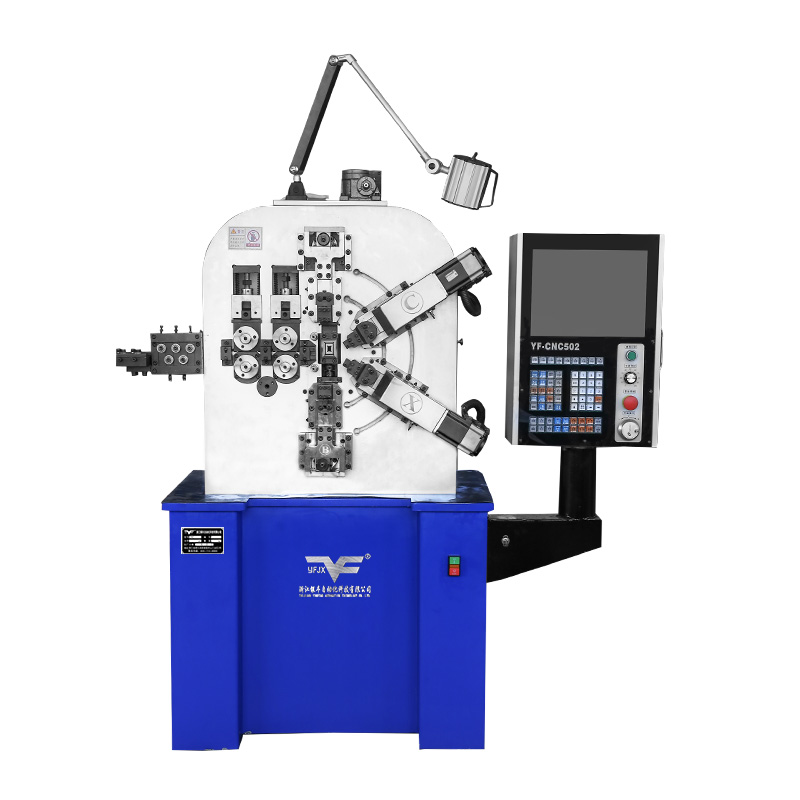What Are the Common Maintenance Issues with Torsion Spring Coiling Machines and How to Prevent Them?
Industry News-In the intricate and precise world of spring manufacturing, torsion spring coiling machines and compression spring making machines are indispensable tools. These machines are designed to produce springs with high accuracy and consistency, which are critical for the performance of various mechanical systems. However, like any other machinery, they are not immune to maintenance issues. Understanding these common problems and implementing preventive measures is essential for ensuring the longevity and efficiency of these machines.
step in preventing maintenance issues with torsion spring coiling machines and compression spring making machines is to establish a regular maintenance schedule. This includes routine inspections, cleaning, and lubrication of the machine's components. Regular maintenance not only helps in identifying potential problems early but also in extending the life of the machine.
Common Maintenance Issues
1. Wear and Tear: The constant motion of the machine's parts can cause wear and tear over time. This is especially true for the coiling dies and other contact surfaces in torsion spring coiling machines.
2. Lubrication Problems: Inadequate lubrication can cause friction between moving parts, cause heat buildup and accelerated wear.
3. Electrical Issues: Torsion spring coiling machines and compression spring making machines rely on complex electrical systems for operation. Faulty wiring, damaged components, or outdated control systems can cause operational disruptions.
4. Material Handling Issues: The quality of the wire used in the spring making process can affect the machine's performance. Improperly fed or damaged wire can cause jams or misalignments.
5. Operator Error: Human error is another common cause of maintenance issues. This can range from incorrect machine settings to improper handling of the machine's components.
Preventive Measures
1. Scheduled Maintenance: As mentioned earlier, a regular maintenance schedule is crucial. This should include checks for wear and tear, lubrication levels, and the condition of electrical components.
2. Proper Lubrication: Ensuring that all moving parts of the torsion spring coiling machine and compression spring making machine are well-lubricated can significantly reduce friction and wear.
3. Quality Control: Implementing a quality control process for the wire material used can help prevent issues related to material handling.
4. Training: Providing comprehensive training to machine operators can minimize the risk of operator error. This includes training on machine operation, safety protocols, and troubleshooting common issues.
5. Upgrade and Replace: Regularly upgrading the machine's software and replacing worn-out parts can help maintain the machine's performance and prevent breakdowns.
6. Environment Control: Maintaining a clean and controlled environment for the torsion spring coiling machine and compression spring making machine can prevent dust and debris from affecting the machine's operation.
7. Emergency Protocols: Having clear emergency protocols in place can help minimize damage in the event of a machine malfunction.
The role of maintenance in the operation of torsion spring coiling machines and compression spring making machines cannot be overstated. By understanding the common issues and implementing the appropriate preventive measures, manufacturers can ensure that their machines continue to produce high-quality springs with minimal downtime. Investing in the maintenance of these machines is an investment in the reliability and efficiency of the entire production process.

 English
English русский
русский Español
Español 简体中文
简体中文